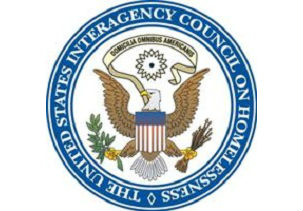Moneyball to End Homelessness?

By Barbara J. Poppe, United States Interagency Council on Homelessness Executive Director
I think of myself as an activist at heart with a head for data. For more than 30 years, I’ve combined activism and data to focus on getting results for those who have no home. By training, I am an epidemiologist – I see the world through a public health lens. Everything can be measured, and data can be harnessed for good – prevention, early intervention, treatment, and to create better public policy.
Why use data?
Baseball, beyond being an athletic competition, is also a game of numbers. Measurements. Statistics. If you want to know Red Sox right-fielder Shane Victorino’s on-base percentage against right-handed pitchers in the night games of the 2013 World Series, that statistic exists.
If only the data was that robust in our fields.
I’m sure many of you recall the book “Moneyball: The Art of Winning an Unfair Game,” by Michael Lewis, or at least the movie starring Brad Pitt. It’s the true story of Oakland A’s general manager Billy Beane’s successful attempt to assemble a winning baseball team on a lean budget by using unconventional data analysis—called Sabermetrics—to evaluate athletes. In an “unfair game” Billy Beane leveled the playing field against richer teams by using better data and better analysis to determine more accurate indicators of a player’s potential.
Here, in another unfair game—one without big budgets and profits, but with real bottom lines and consequences—we can all learn something about looking at relevant data to identify the factors that are the most critical to progress.


